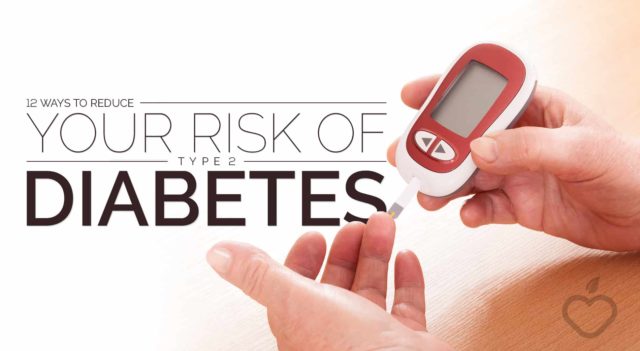
Diabetes is a condition where the level of sugar or glucose increases in the bloodstream. Insulin is the hormone that’s responsible for transporting sugar coming from your blood and into your cells, which is where the sugar is stored for energy.
When you’re suffering from Type 2 Diabetes, your body cells aren’t able to respond well to insulin, like they are supposed to. At the later stages of this medical condition, the body won’t be able to produce more insulin.
If left untreated, Type 2 Diabetes can cause chronically high blood sugar level and will lead to potentially serious complications.
Type 2 Diabetes Symptoms
With Type 2 Diabetes, the body won’t be able to effectively use the insulin in bringing glucose to the body cells. This will make the body to rely on alternative sources of energy in your muscles, organs, and tissues.
This chain reaction could lead to various problems in your health. Type 2 Diabetes tends to develop gradually and the symptoms will start out mild so it’s easy for many to dismiss them at first.
Some of the early symptoms of diabetes are the following:
- Blurry vision
- Constant feeling of hunger
- Dry mouth
- Excessive thirst
- Fatigue
- Frequent urination
- Itchy skin
- Lack of energy
- Weight loss
As diabetes begins to progress, the symptoms will slowly get more severe and this is potentially dangerous.
When your level of blood sugar has been high for a longer period of time, the symptoms can include the following:
- Dark patches on the skin
- Feeling of numbness in the extremities or neuropathy
- Foot pain
- Slow-healing of cuts and sores
- Yeast infections
If you possess one or two of the above symptoms, then you should immediately see your doctor. If left untreated, diabetes can become a life-threatening disease.
Diabetes could also affect your heart. Women who are suffering from diabetes are twice as likely to suffer from another heart attack after suffering the first time. They are four times at high risk of developing heart failure as compared to those who don’t have the condition. Diabetes may also trigger complications during pregnancy.












